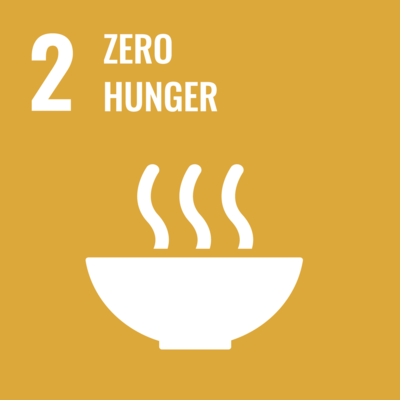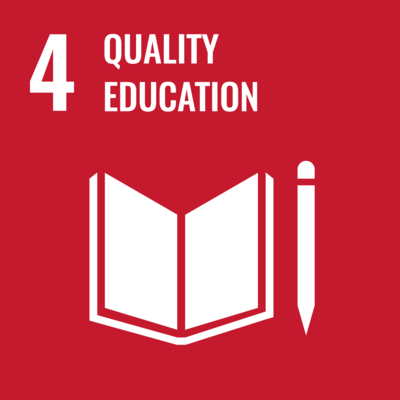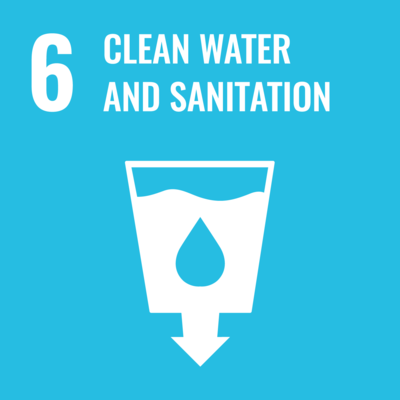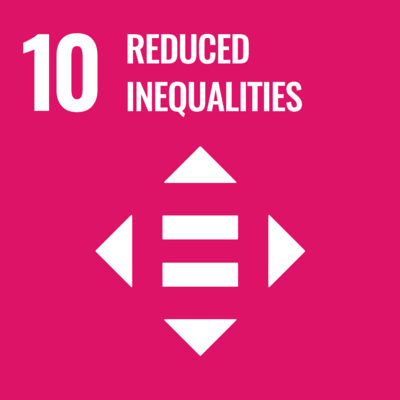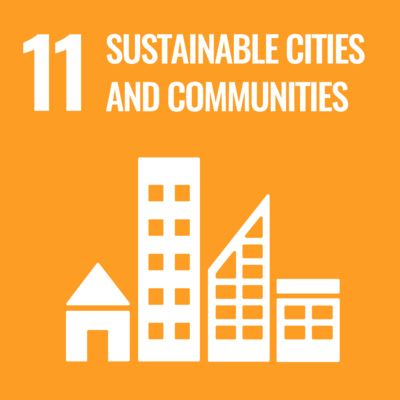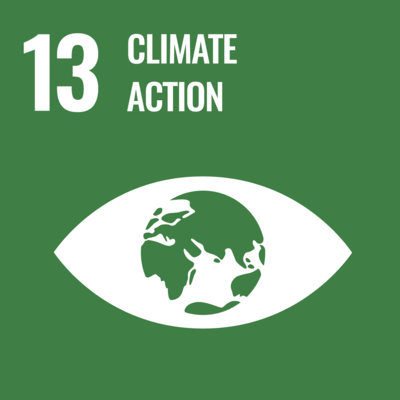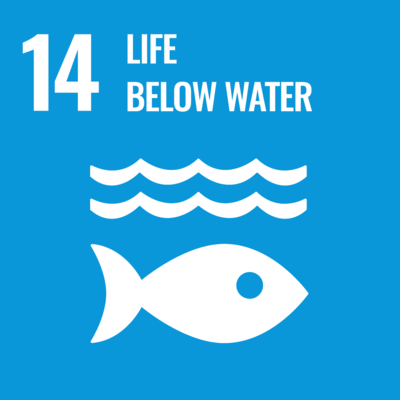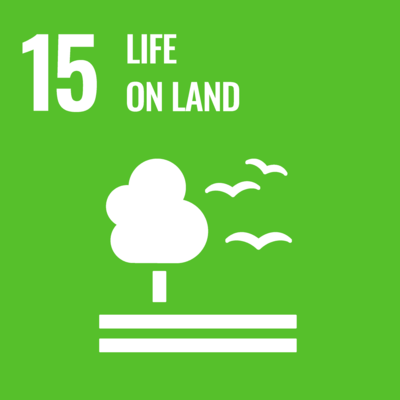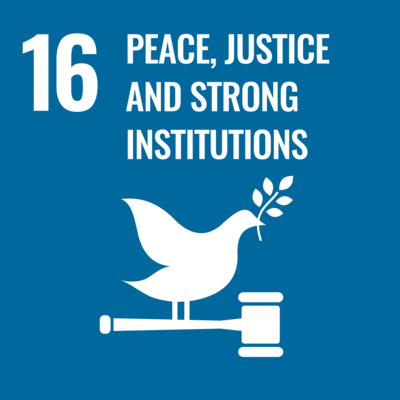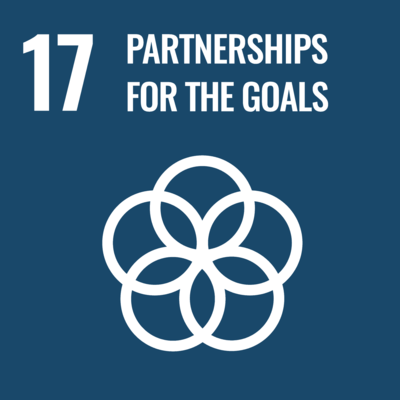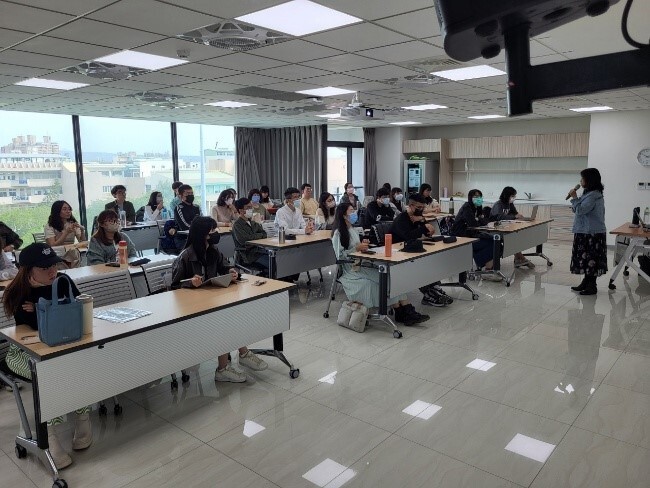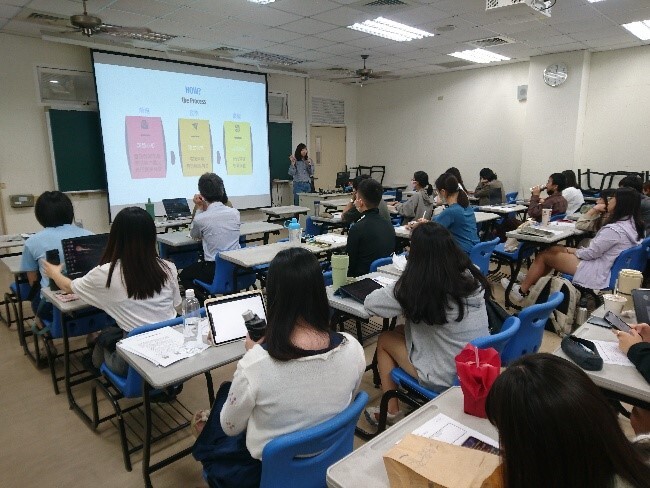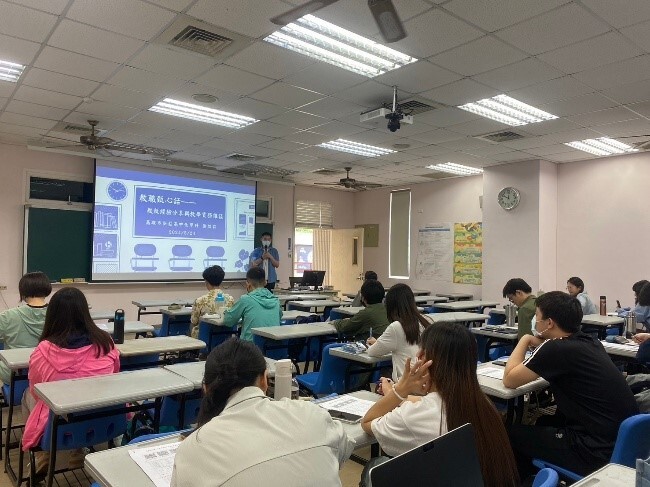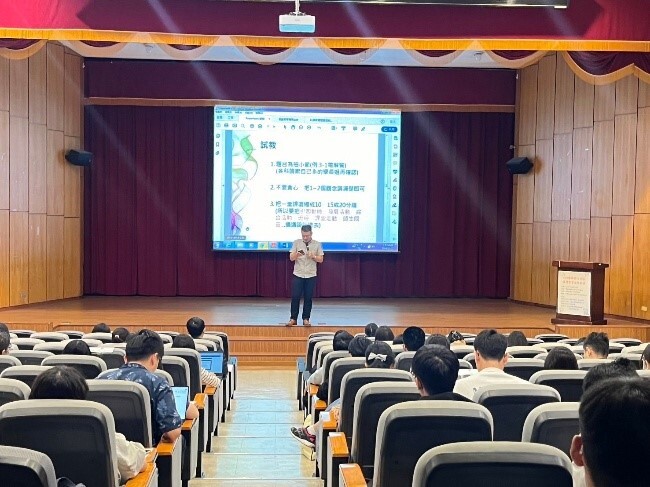SDG 4.2.1 Proportion of graduates with relevant qualification for teaching
In 2024, our university had a total of 2,139 graduates (Figure 1). The breakdown is as follows:
1. ISCED 6 bachelor’s degree: 1,156 graduates.
2. ISCED 7 master’s degree: 902 graduates.
3. ISCED 8 PhD degree: 81 graduates.
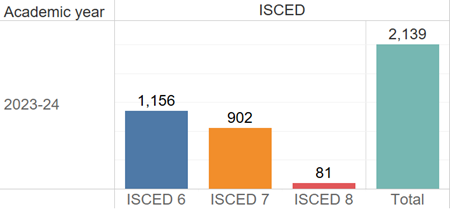
Figure1. Number of NCUE graduates in 2024
Number of graduates who gained a qualification that entitled them to teach at primary school level
National Changhua University of Education (NCUE) is an institution for secondary education teacher training. In 2024, a total of 326 individuals obtained teaching qualifications.
1. ISCED 6 bachelor’s degree: 264 people
2. ISCED 7 master’s degree: 62 people
3. ISCED 8 PhD degree: 0 people
Supplementary Information (Including Course Content):
Taiwan’s Ministry of Education implements a quota mechanism for the total number of students enrolled in Teacher Education Programs across universities and colleges in Taiwan. In 2024, the Ministry of Education approved a quota of 650 pre-service teachers for NCUE. Students must first obtain eligibility as pre-service teachers before enrolling in pre-service teacher education courses, which encompass three major dimensions: General Courses, Professional Education Courses, and Specialized Courses. Only upon completing all required courses can students be granted the “Pre-Service Teacher Education Completion Certificate.” Subsequently, students must pass the Teacher Qualification Exam (TQE) and receive a satisfactory evaluation during their educational practicum to obtain their teacher certificates, which confer the formal qualification for teaching as a teacher.
In 2024, 616 graduates in NCUE were pre-service teachers. Among them, 466 students completed the pre-service teacher education courses required in the Teacher Education Program and obtained the “Certificate of Completion of Pre-Service Teacher Education,” representing 75.6%. Furthermore, a total of 326 students subsequently passed the Teacher Qualification Exam, accounting for 52.9%, as detailed in Table 1.
Table 1: Number of Recipients Awarded the Certificate of Completion of Pre-service Teacher Education and the Teacher Certificates in 2024
|
ISCED Level |
Recipients Awarded Certificates of Pre-Service Teacher Education |
Recipients of Teacher Certificates |
|
ISCED 6 |
386 |
264 |
|
ISCED 7 |
80 |
62 |
|
ISCED 8 |
0 |
0 |
|
Total |
466 |
326 |
To enhance pre-service teachers’ educational professional knowledge and teaching competencies, in addition to offering Professional Education Courses, NCUE implements various initiatives including holding lectures and workshops, organizing reading groups for pre-service teachers, inviting practicing schoolteachers to collaborative teaching, and offering courses in collaborative lesson study (co-planning, class observation, and post-lesson discussion), to strengthen their professional capabilities of pre-service teachers. The details are as follows:
1. Professional Education Courses: For the Educational Program for Secondary School Teachers, students are required to complete a minimum of 26 credits in professional education courses. The curriculum map is available on the official website (https://practiceweb.ncue.edu.tw/p/412-1007-675.php?Lang=zh-tw). The program includes four dimensions: educational foundation courses, educational methodology courses, educational practice courses, and elective courses:
(1) Educational Foundation Courses: Students must complete at least 2 courses (4 credits). Course offerings include Introduction to Education/Introduction to Education (Bilingual), Educational Psychology/Educational Psychology (Bilingual), Sociology of Education, and Philosophy of Education.
(2) Educational Methodology Courses: Students must complete at least 4 courses (8 credits). Course offerings include Principles of Instruction and Principles of Instruction (Bilingual), Learning Assessment, Classroom Management, Instructional Medium, Curriculum Design, and Principles and Practice of Guidance.
(3) Educational Practice Courses: Students must complete at least 10 credits. Among these, at least 1 subject (4 credits) must be taken in Instructional Materials & Methods in Specialized Subjects/Fields (Group) and Teaching Practicum in Specialized Subjects/Fields (Group). Additional course options include Teaching Application and Practice, Practice and Service Learning in Secondary Education, Topics in Education Issues, Teaching Professional Practice, Cross-Disciplinary Teaching Application and Practice, Teacher Career Planning and Professional Development, and Transdisciplinary Curriculum Design and Teaching.
(4) Elective Courses: Students must complete at least 2 courses (4 credits), Course offerings include Introduction to Special Education, Remedial Teaching, Adaptive Instruction, Reading Education, Adolescents Psychology, Educational Administration, Techniques of Behavior Modification, School Administration, Science Education, Teaching Practicum in Secondary Education, Computer and Instruction, New Immigrant Families and Education, Scientific Inquiry and Practice, Comparative Education, Introduction to Taiwan’ Indigenous Peoples, Ethnographic Fieldwork, Indigenous Education, Multicultural Curriculum and Instruction, Indigenous Languages, Vocational Education and Training, Block-Based Coding, Life Education, Human Rights Education, Local Education, Marine Education, Gender Equity Education, Multicultural Education, and Career Planning.
2. Lectures and Workshops: NCUE regularly organizes lectures and workshops to assist pre-service and student teachers in strengthening their professional competencies from diverse perspectives. For example, on June 11, 2024, NCUE held a lecture titled “Cross-Disciplinary Teacher Education – Teachers as Transformative Intellectuals: Multicultural Curriculum and Teaching,” followed by “Gender Equity Lecture for Student Teachers” on August 21. Furthermore, to equip pre-service teachers with the ability to effectively utilize AI tools and develop competencies in digital distance teaching or hybrid teaching, NCUE conducted 15 digital learning workshops in 2024. Pre-service teachers are also encouraged to actively participate in the Ministry of Education’s Digital Teaching Competency Test to refine and enhance their digital teaching capabilities.
3. Pre-Service Teacher Reading Groups: NCUE encourages pre-service teachers to autonomously form reading groups. Through peer collaborative learning, pre-service teachers can broaden and deepen their understanding of professional knowledge and competence.
4. Industry-Academia Collaborative Teaching: To bridge the gap between teaching theories and practical experiences, teachers invite practicing schoolteachers as co-instructors in Educational Practice Courses or Instructional Materials & Methods. This approach enables pre-service teacher to better understand the actual needs in school settings and enhances their ability to apply theoretical knowledge to problem-solving, thereby improving teaching quality and learning outcomes. In 2024, a total of 67 industry-academia collaborative teaching lectures were conducted, with 1,720 participants in total.
5. Co-Planning, Classroom Observation, and Post-Lesson Discussion: NCUE collaborates with secondary schools to develop educational practice courses, refining pre-service teachers' learning through classroom observation and post-lesson discussions. These courses enhance pre-service teachers’ ability to establish their learning portfolio records, strengthen the growth of their educational professional knowledge and competencies. In 2024, NCUE collaborated with 20 partner schools to conduct 93 such activities.
6. Student Teacher Return-to-Campus Seminars: To strengthen the effectiveness and quality of educational practicum for student teachers from NCUE, NCUE organizes return-to-campus seminars to disseminate administrative information regarding educational practicum, and assist student teachers in familiarizing themselves with practicum procedures and matters needing attention to ensure smoothness of practicum. The seminar topics cover critical issues such as classroom management, student guidance, and educational policies, thereby strengthening student teachers’ understanding of school settings and professional competencies. In 2024, NCUE held a total of 8 return-to-campus seminars, with 815 participants in attendance.
|
|
|
|
Figure 2. 2024.03.22 Student Teacher Return-to-Campus Seminars. |
Figure 3. 2024.04.26 Student Teacher Return-to-Campus Seminars. |
|
|
|
|
Figure 4. 2024.05.24 Student Teacher Return-to-Campus Seminars |
Figure 5. 2024.11.22 Student Teacher Return-to-Campus Seminars |


